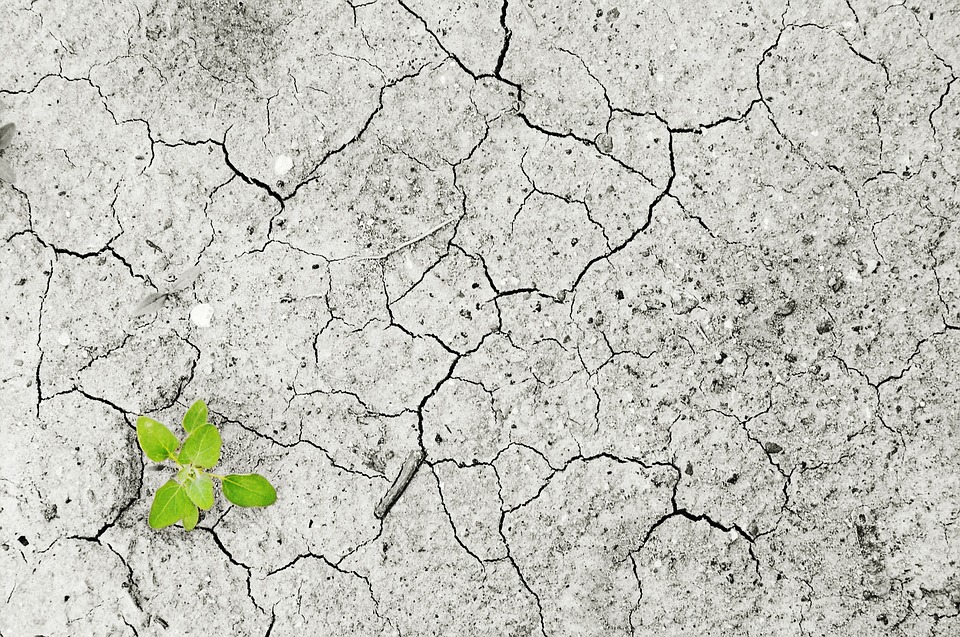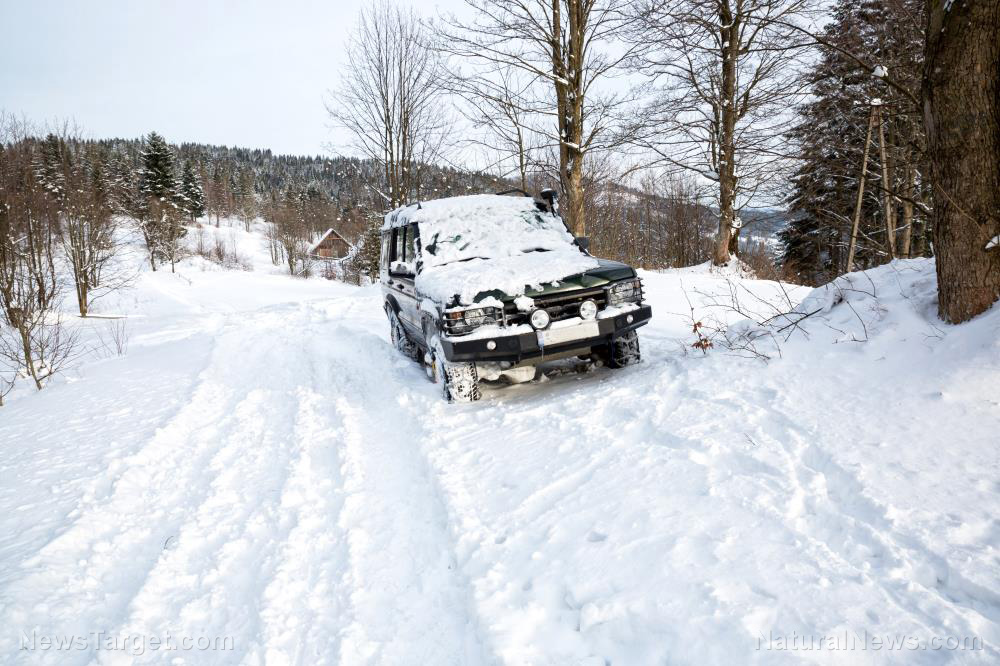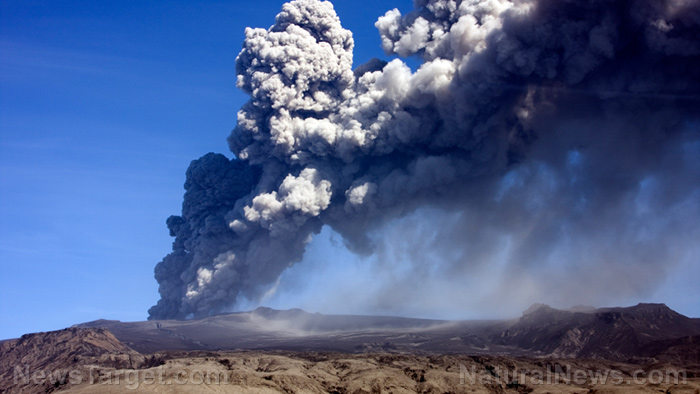Killer floods in Europe give the world a glimpse of chaotic future
07/21/2021 / By Nolan Barton

Nearly 200 people had been confirmed dead with more than 700 still missing Monday, July 19, after heavy floods devastated some parts of Europe.
Authorities and victims said numerous areas were caught unprepared when normally calm streams turned into torrents that swept away cars, houses and bridges and everything else in their paths. “It went so fast. You tried to do something, and it was already too late,” a resident of Schuld told Germany’s ARD public television, after the Ahr River swelled its banks.
Many Germans were reportedly angry that they had not been warned far enough in advance about the floods that devastated their cities and towns.
But Armin Schuster, the head of Germany’s federal office for civil protection and disaster assistance, noted that 150 alerts were sent from Wednesday to Saturday last week. “The warning infrastructure has not been our problem, but how authorities and the population react sensitively to these warnings,” he said.
Herbert Reul, the state interior minister of North Rhein-Westphalia, supported Schuster’s claim.
“The larger problem is that people don’t take it seriously enough when they receive a flood warning or are told to evacuate,” Reul said. “Or they don’t want to be told what to do, or they say, ‘I am staying here anyway.'”
Extreme flooding sweeps across Europe
The extent of the flooding was shocking. Many have pointed to the impact of climate change on the severity of weather events as a major factor. Experts say that this extreme downpour is one of the most visible signs that the so-called climate is changing as a result of warming caused by greenhouse gas emissions. (Related: FLASHBACK: Canadian government directs weathermen to stop talking about climate change.)

The German police said on Monday that 117 people had died in Ahrweiler, a district in the north of Rhineland-Palatinate State, while 749 others had been injured. Rescue teams there are still combing the communities along the Ahr Valley, trying to establish how many are missing.
At least 47 people died in the state of North Rhine-Westphalia and one died in Bavaria, the authorities said.
In Belgium, 31 people had been confirmed dead with 127 more missing as of Monday morning.
German officials were adamant that their warning system – which includes a network of sensors that measure river levels in real time – functioned as intended. However, the amount of rain that fell has never been seen before. It fell so rapidly that it engorged even small streams and rivers not normally considered threats.
Uwe Kirsche, a spokesman for the German Weather Service, called it a “once in a thousand years flood.”
“With these small rivers, they have never experienced anything like that. Nobody could prepare because no one expected something like this,” Kirsche said.
While leaders began to analyze why so many communities seemed unprepared for the flooding, the rescue and recovery efforts continued. Other European nations were sending help.
More than 300 rescue workers from Austria, France, Italy, Luxembourg and the Netherlands have traveled to Belgium in the past two days to support search-and-rescue efforts, and Belgium for the first time asked other European Union countries for support through the bloc’s special civil protection mechanism.
Thousands of Belgians have also replied to a call for volunteers issued by the Belgian Red Cross.
“The solidarity I have seen is heartwarming,” Annelies Verlinden, the Belgian interior minister, told reporters on Monday. She said that the festivities planned for National Day on July 21 would be scaled down and that the holiday would honor “Belgian heroes.”
Extreme weather events are more likely in the future
While some say extreme weather events have always occurred and what is happening today is just an aberration, sophisticated computer modeling shows that the increase in carbon dioxide related to human activity makes the deadly heat in the U.S. and Canada this month or the catastrophic flooding in Europe last week many times more likely.
Last week’s 24-hour rainfall of 155mm (6.1in) at Cologne’s Stammheim station obliterated the city’s previous daily rainfall high of 95mm. Earlier this month, temperatures at Lytton beat the previous Canadian daily heat record by a staggering 5C.
Richard Betts, the head of climate impacts research at the Met Office Hadley Center for Climate Prediction and Research in the UK, said that those calculations demolish the argument that “extreme weather happens anyway, so we don’t need to worry about it.” He said there will be an increase in the frequency and intensity of extreme weather events in the decades to come. (Related: Rolling blackouts and power shutoffs loom in California as heat wave and extreme weather conditions persist.)
The recent flash floods in London, Edinburgh and elsewhere were unusual compared with the past, but they will be more common in future. Severe heat waves would be likely every other year by 2050 if emissions are not cut, the Met Office Hadley Center said.
According to an article published by CleanTechnica, people are like the Apollo 13 astronauts who were sealed in a space capsule that could not absorb any more carbon dioxide.
“Too much of a good thing is not a good thing,” the article said. “We have too much carbon dioxide to support the ecosystem of plants and animals – including humans.”
Follow CarbonDioxide.news for more news and information related to the so-called climate change.
Sources include:
Tagged Under: carbon dioxide, chaos, climate change, Collapse, computer model, disaster, ecosystem, Emissions, extreme downpour, extreme weather, extreme weather event, floods, Greenhouse Gas, heat wave, network of sensors, Red Cross, rescue teams, weather event





















